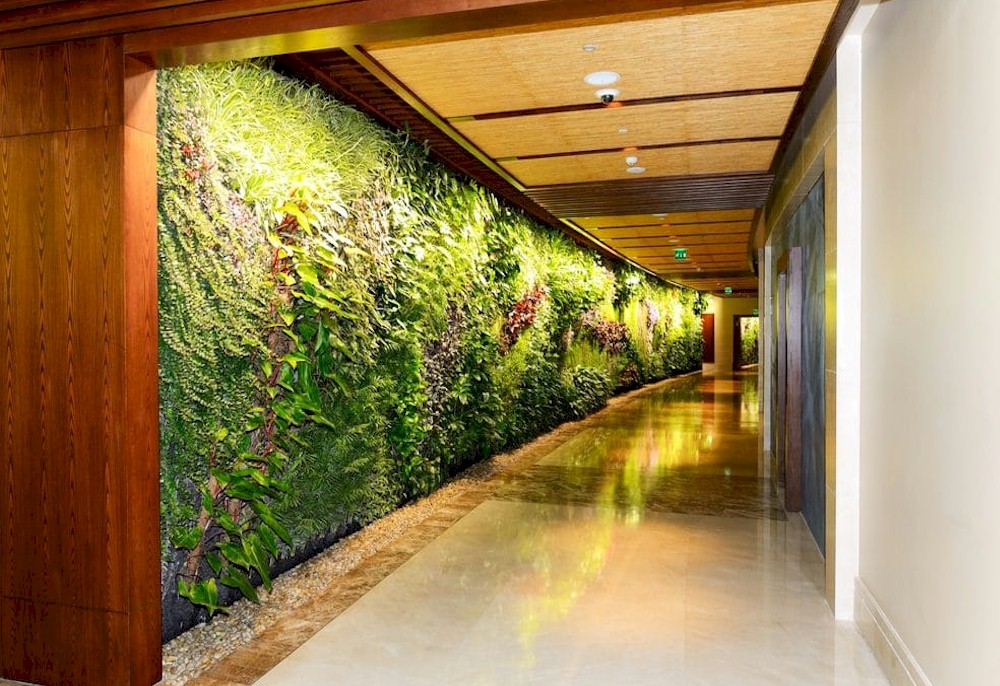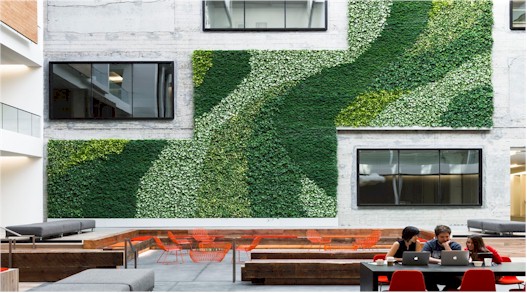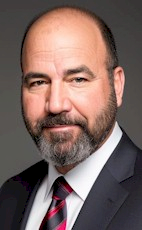A culture of curiosity and thoughtful hospitality design has driven us as designers and creatives to constantly explore the guest journey and the creation of meaningful experiences. Today's tech-driven fast-paced world amplifies the need to take a step back and reconnect with our natural surroundings. Re-imagining spaces that utilize natural and organic design elements offers a moment of pause and contrast to the rich urbanistic surroundings of which we are accustomed. Nature-inspired design infusion creates balance and fulfills our inherent need to reconnect with nature and the outdoors; in the design world, this increasingly utilized approach is known as "biophilic design" and is adding another dimension to how we curate the hospitality guest experience. READ MORE
It's no secret that engaged employees work more efficiently, improving a hotel's bottom-line results. But they also bring a level of commitment and passion to their work that enhances the level of service, increasing guests' satisfaction and, in turn, their intent to return and recommend. This article explores the factors that impact employee engagement and the role that engagement plays in optimizing a hotel's workforce, ultimately driving top-line revenue. READ MORE
A bold and perhaps perplexing question, but the unfortunate reality is that almost all third-party Quality Assurance audits are designed either to increase membership in a club that guests used to use as a barometer of whether or not a hotel or resort would be good (where mostly today they make these decisions based on social media/OTAs); or to be included in a magazine that some guests refer to for the same reason. The goal of those participating does not necessarily add up to improved service and guest experience-more to influencing guest perception and awareness of the property and so strengthening sales. READ MORE
When it comes to hospitality design experiences, we know that the best hotels support the business traveler, the leisure traveler, and the growing blur between them. The business traveler, specifically, is the most active and engaged guest when it comes to hotel amenities and usage. This is largely due to the fact that they are often spending the bulk of their time in hotel meeting spaces, business centers and conference rooms. So what can be done to make these typically enclosed spaces a source of task, social, entertainment, discovery and aspiration? The answer is likely beyond the walls. READ MORE
As global discussions around climate change become more prevalent, so do conversations around human connection to nature. Incorporating nature and its elements by way of biophilic design is occurring everywhere – throughout our cities, workplaces, hospitals, academic institution and more. Exploring where the hospitality industry fits into these discussions is not only timely, but extremely relevant for hotel operators. Through their decades of industry knowledge and research, HKS Principals Mary Alice Palmer and Sergio Saenz, will discuss how biophilia can influence the psychographics of the guest, transform their hotel experience and guide them to making better decisions for the natural environment. READ MORE


 LIBRARY ARCHIVES
LIBRARY ARCHIVES 





















